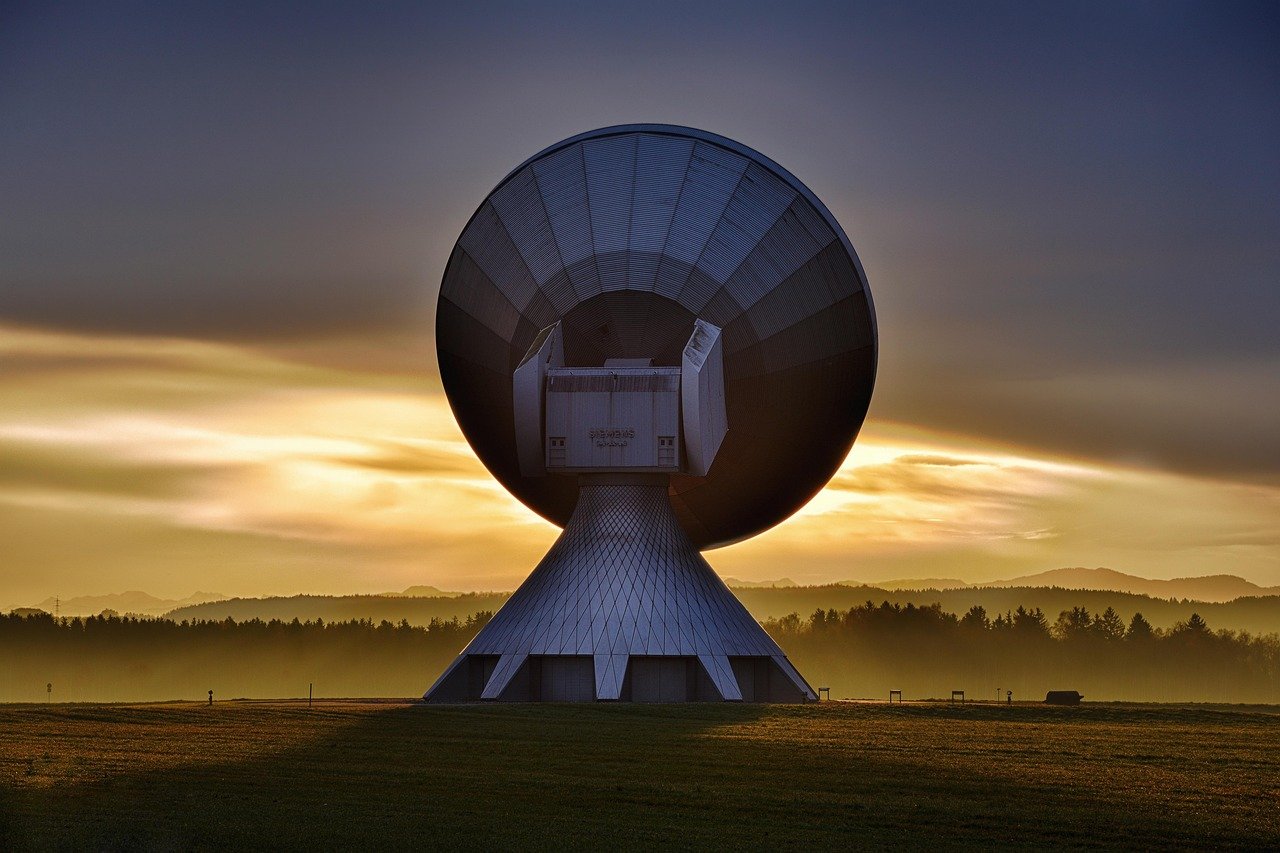Every few years, someone declares that SEO is dead. In 2025, the claim is louder than ever. With AI-generated content, voice search, Google’s algorithm changes, and the rise of social media platforms as discovery tools, it’s understandable why some think traditional SEO is becoming irrelevant.
But here’s the truth: SEO isn’t dead in 2025 — it’s evolved. And businesses that adapt are still reaping massive benefits from organic search.
In this post, we’ll dive into what’s changed, what still matters, and why SEO remains one of the most powerful digital marketing strategies today.
What Does “SEO Is Dead” Really Mean?
When people say “SEO is dead,” they usually mean one of three things:
- Old tactics no longer work (like keyword stuffing or spammy backlinks)
- New technology is changing how people search
- Paid channels are dominating visibility
And while those points reflect real shifts in the digital landscape, they don’t spell the end of SEO. Instead, they highlight the need to evolve.
How SEO Has Changed in 2025
1. Google’s AI and Helpful Content Updates
Google has significantly improved at understanding user intent and content quality thanks to AI advancements like Search Generative Experience (SGE) and large language models. These systems favor content that is:
- Authentically helpful
- Expert-led and experience-driven (E-E-A-T)
- Clearly answers search queries
SEO in 2025 is no longer about chasing keywords — it’s about providing real value to users.
What this means: Fluff content and cheap AI-generated articles don’t rank. Expertise and authenticity matter more than ever.
2. Voice and Visual Search
With smart speakers, wearables, and visual recognition tools, voice and image search are growing fast. Users now ask search engines questions in a conversational way (“What’s the best pizza near me open now?”) or snap a photo to find similar products.
This has forced SEO to expand into:
- Conversational content optimization
- Schema markup for context
- Image alt-text and visual optimization
What this means: If you’re not optimizing for natural language and multimedia search, you’re missing traffic.
3. Rise of Zero-Click Searches
A significant number of Google searches now result in no clicks. Why? Because Google often shows answers directly in the search results through:
- Featured snippets
- People Also Ask (PAA) boxes
- Knowledge panels
This trend has led to fears that SEO is pointless if users never visit your site.
But the reality is more nuanced. While some searches don’t result in a click, branded visibility, voice authority, and strategic click-through targeting are still highly effective for SEO growth.
What this means: SEO strategy in 2025 must prioritize brand visibility, SERP features, and intent matching — not just rankings.
What Still Works in SEO (and Always Will)
Despite the shifts, certain fundamentals remain strong:
Quality Content Wins
Search engines still reward high-quality, original content that helps users. Evergreen blog posts, product reviews, tutorials, and in-depth resources still drive massive traffic when done right.
Technical SEO Matters
Crawling, indexing, site speed, mobile-friendliness, and structured data are the backbone of good SEO. Without a solid technical foundation, great content won’t perform.
Backlinks Build Authority
While Google devalues spammy links, high-quality backlinks remain a signal of authority and trust. Earning links through PR, thought leadership, and partnerships still matters.
User Experience (UX) Is Critical
Google cares about Core Web Vitals, page layout, and mobile UX. A seamless, engaging site keeps users happy and ranking higher.
Pro Tip: SEO is no longer just about search engines. It’s about serving users first, and optimizing for Google second.
What’s Replacing Old SEO Tactics?
Here are a few outdated tactics that no longer work — and what you should do instead in 2025:
| Outdated SEO Tactic | Modern SEO Approach (2025) |
|---|---|
| Keyword stuffing | Topic clusters & intent-based content |
| Spammy link building | Digital PR & earned media |
| Thin AI-generated content | Expert, original, experience-based content |
| Desktop-only optimization | Mobile-first and voice-first design |
| Ranking only for broad keywords | Targeting long-tail, local, and zero-click SERPs |
The Role of AI in SEO: Friend or Foe?
AI-generated content tools have exploded in popularity. Some worry this flood of content will make SEO obsolete. But here’s the catch:
- Google detects and filters low-quality AI content
- AI tools are helpful for ideation, not full automation
- Human expertise and brand voice still win
In fact, SEO professionals now use AI to:
- Analyze competitors
- Generate topic ideas
- Automate content outlines
- Identify search trends
So, AI is not killing SEO — it’s enhancing it for those who use it wisely.
Social Media vs. SEO: A Real Threat?
Platforms like TikTok and Instagram are becoming discovery tools for younger users. Some even use them as search engines.
However, these platforms serve different stages of the buyer journey. SEO is often the channel where:
- Users research products/services in detail
- Businesses capture high-intent leads
- Long-term content visibility exists (social posts fade fast)
In 2025, smart marketers combine SEO and social to create a full-funnel strategy.
Is SEO Still Worth It in 2025?
Yes — and more than ever. Here’s why:
- Long-term ROI: Unlike paid ads, organic traffic builds over time.
- Trust and credibility: High rankings signal authority to users.
- 24/7 visibility: Your content works for you even when you’re offline.
- Sustainable growth: SEO doesn’t disappear when the ad budget runs out.
While the tactics have changed, the core principle remains: help people find what they’re looking for — and do it better than your competitors.
Final Thoughts: SEO Isn’t Dead — It’s Just Smarter
So, is SEO dead in 2025? Absolutely not. But the version of SEO that worked in 2015 is long gone.
To win in today’s landscape, your SEO strategy must be:
- Focused on value, not just keywords
- Driven by user intent and experience
- Enhanced by AI, not replaced by it
- Integrated with other channels like social and paid media
SEO in 2025 is alive, well, and more essential than ever — if you’re willing to evolve with it.
















Leave a Reply